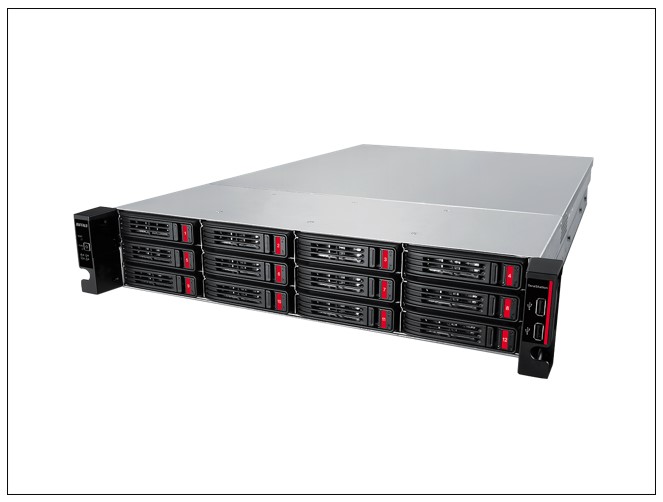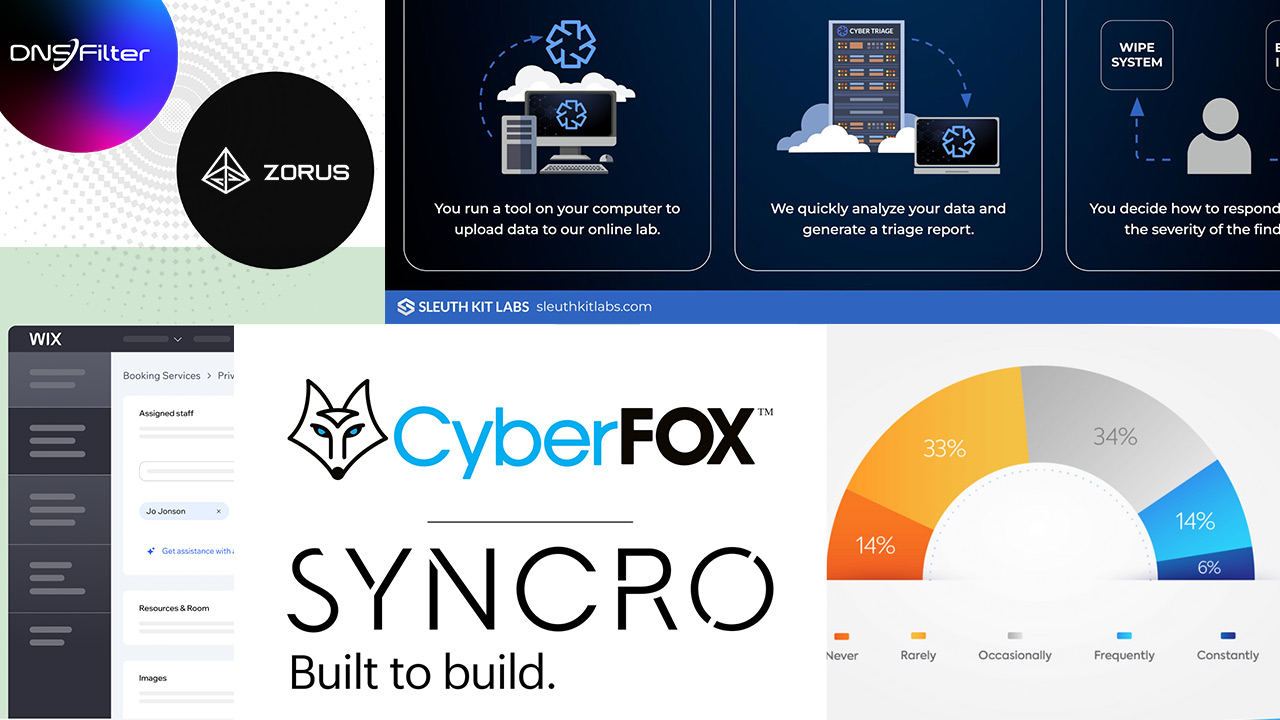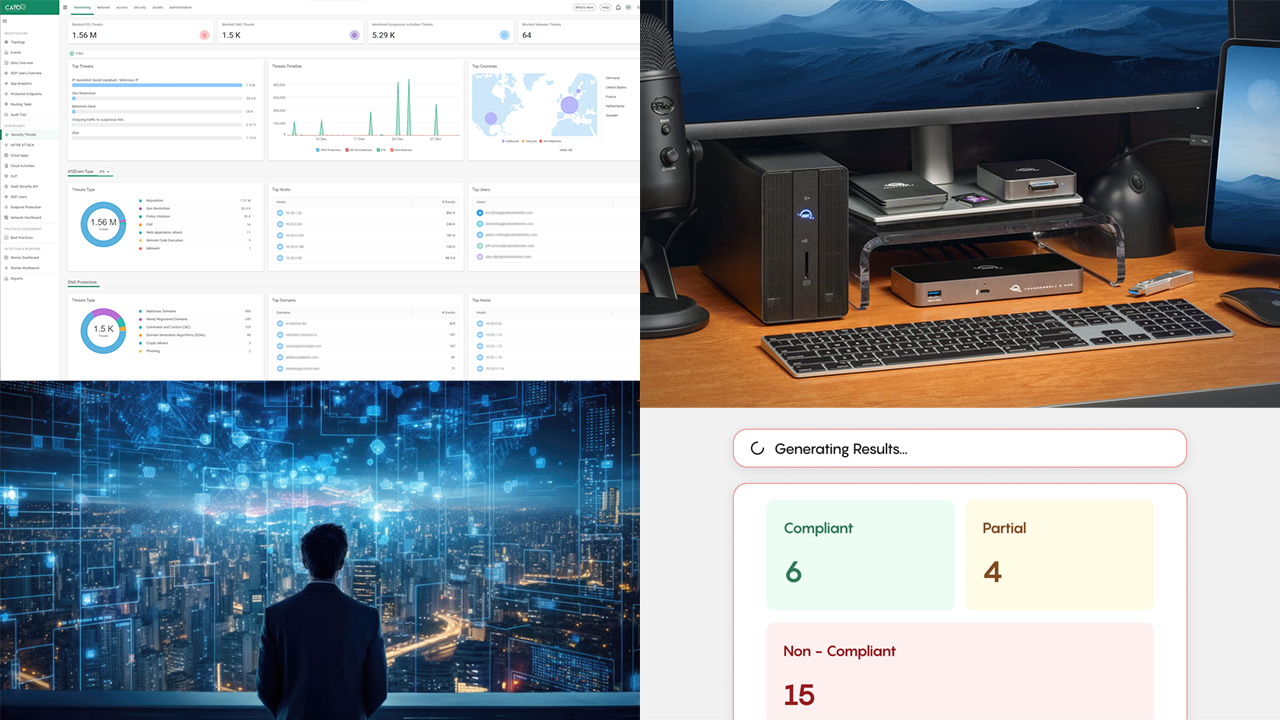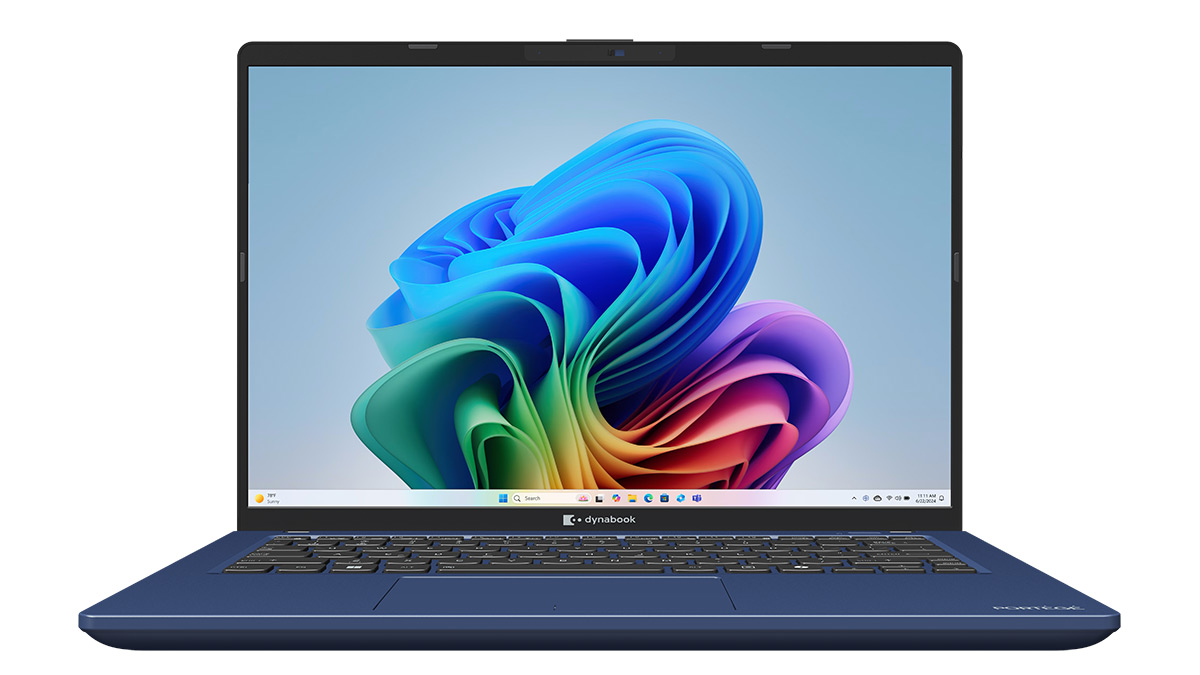Buffalo Americas has added a new top-of-the-line system to its lineup of network-attached storage arrays.
Aimed principally at midsize organizations, the new TeraStation 71210RH is the company’s first enterprise-level product with server-grade components.
“Historically, we’ve built our boxes for small businesses,” says Bill Rhodes, Buffalo’s director of channel sales. “This goes to the next level.”
Unlike earlier Buffalo Americas models that feature Annapurna processors and other chips suitable for backup devices and similar appliances, the TS71210RH runs on Intel Xeon processors. The 2U unit ships with up to 12 CMR hard drives offering up to 240TB of capacity, as well as four native 10GbE ports.
Users can upgrade throughout by plugging optional SFP+ PCIe modules for 25GbE and 40GbE networking, due later this month, into the device’s two PCIe Gen 4×8 slots. Buyers also can use the slots to expand memory up to 64GB and add NVMe SSD cache space.
Security features include two-factor authentication, a closed, inaccessible operating system, and 256-bit drive encryption. The device is also the first from Buffalo with integrated auto-tiering to provide faster access to high-availability data.
“The most current files will be retained at the NVMe level, and then the software will recognize and shuffle data back to the spinning drives when more space is needed on the NVMe,” Rhodes explains.
Unlike earlier Buffalo products, the TS71210RH is designed to store production data ranging from ERP databases to virtual desktops and video surveillance footage.
“It’s really meant to be a complementary device to an existing server infrastructure,” Rhodes says. The devices can also serve as a cost-effective alternative to upgrading the native storage capacity of hyperconverged infrastructure devices from companies like Nutanix and Scale Computing, he continues.
Buffalo expects the new system, which is suitable for use in smaller and larger organizations as well, to hold particular appeal for environments with between 100 and 1,000 users. Many such organizations, according to Rhodes, are looking for more affordable ways to host fast-growing data volumes than cloud storage services.
“We’re hearing customers five to six years into this cloud transition now starting to say, ‘whoa, we’ve exceeded our budgets,'” he notes. “It’s not that they’re ever going to move away from the cloud, but they have to have some type of alternative strategy.”
Suggested pricing starts at $7,999.99 for a SKU with four 8TB hard drives and tops out at $22,999.99 for a unit with 12 20TB drives. All models come with a five-year product warranty covering all components, including hard drives, and next business day services, as well as the 24/7 U.S.-based support and data recovery services the manufacturer includes with its entire portfolio.
Sales of NAS devices will grow at a 13.55% CAGR through the end of the decade from $22.85 billion last year to $63.15 billion in 2030, according to P&S Intelligence.














